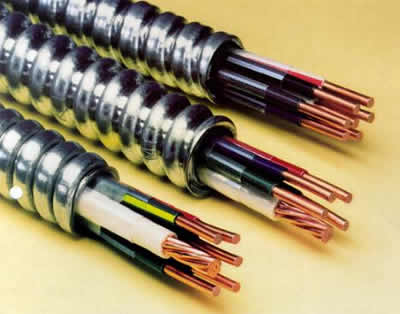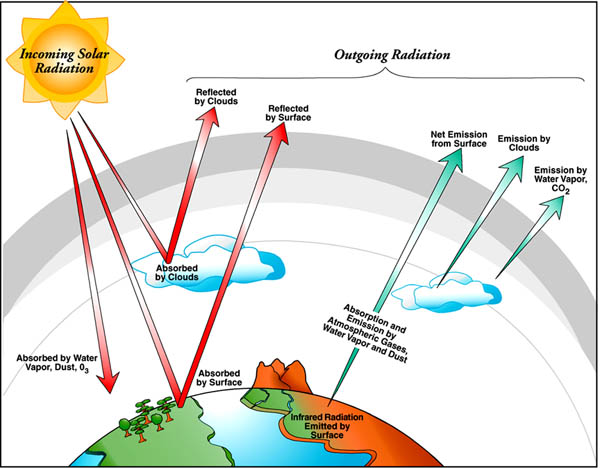12.
Nonrenewable resources are considered to be fossil fuels and nuclear. United States rely on a lot of fossil fuels including coal, oil, and natural gas. We use these to create energy, but it destroys our atmosphere also. In return there are renewable resources like solar, wind, water, and biomass. The renewable resources are a lot better for the atmosphere and it is either direct or indirect with the sun. Solar is directly used to heat and light up homes or buildings. Wind turbines are used from the suns heat which creates the wind to move the turbines. Energy can change form through Earth Systems through internal or external sources of energy which both creates heat. Most of the changes are from the sun. The sun creates the heat which creates the Global Science.With the Earths surface and atmosphere heating up by the sun, the ocean currents and winds are created. The heat from the sun in transferred through the atmosphere by three mechanisms, Conduction, Convection, and Radiation. Radiation is the warm feeling on sunny days when you go outside and tan, have fun with friends, or play sports. The transfer of heat energy by electromagnetic waves is Radiation. The transfer of one subject to another is call Conduction. Copper or metal can be a conductor. When you take a piece of grass and set it on the electric fence and you get shocked. The grass is the conductor. The electric energy goes through the grass and into your body. A safety pin over the flame is the same way. The safety pin absorbs the heat and the molecules will transfer over to the hand holding it. The The rate of heat transferred determines how well a conductor is. A piece of grass wouldn't be the best conductor, metal or copper would be a better choice. Transfer of heat through the movement of water or air is Convention.
 conductors
conductors radiation
radiation
Bibliography
"Energy in the Earth System." Energy in the Earth System. Web. 20 May 2014.
"Types of Renewable Energy." Why Is Renewable Energy Important? Web. 20 May 2014.
